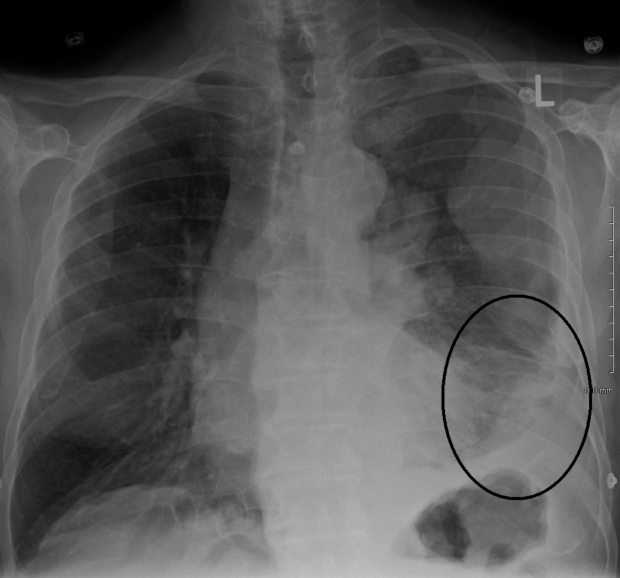Gender-Specific Molecular and Clinical Features Underlie Malignant Pleural Mesothelioma
AUTHORS: ASSUNTA DE RIENZO, MICHAEL A. ARCHER, BEOW Y. YEAP, ET. AL
ABSTRACT:
Malignant pleural mesothelioma (MPM) is an aggressive cancer that occurs more frequently in men, but is associated with longer survival in women. Insight into the survival advantage of female patients may advance the molecular understanding of MPM and identify therapeutic interventions that will improve the prognosis for all MPM patients. In this study, we performed whole-genome sequencing of tumor specimens from 10 MPM patients and matched control samples to identify potential driver mutations underlying MPM. We identified molecular differences associated with gender and histology. Specifically, single-nucleotide variants of BAP1 were observed in 21% of cases, with lower mutation rates observed in sarcomatoid MPM (P < 0.001). Chromosome 22q loss was more frequently associated with the epithelioid than that nonepitheliod histology (P = 0.037), whereas CDKN2A deletions occurred more frequently in nonepithelioid subtypes among men (P = 0.021) and were correlated with shorter overall survival for the entire cohort (P = 0.002) and for men (P = 0.012). Furthermore, women were more likely to harbor TP53 mutations (P = 0.004). Novel mutations were found in genes associated with the integrin-linked kinase pathway, including MYH9 and RHOA. Moreover, expression levels of BAP1, MYH9, and RHOA were significantly higher in nonepithelioid tumors, and were associated with significant reduction in survival of the entire cohort and across gender subgroups. Collectively, our findings indicate that diverse mechanisms highly related to gender and histology appear to drive MPM. Cancer Res; 76(2); 1–10. ©2015 AACR.
FULL TEXT: HERE

